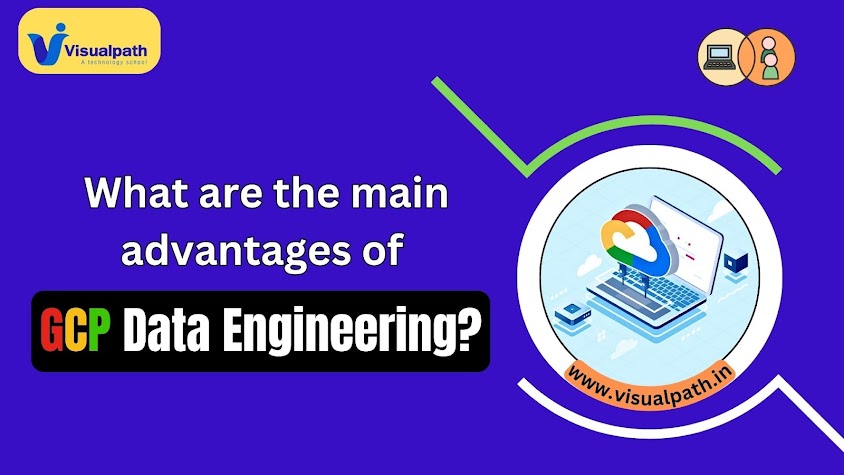What are the main advantages of GCP Data Engineering?

A dvantages of GCP Data Engineering? Google Cloud Platform (GCP) offers several advantages for data engineering, especially for businesses and individuals working with large-scale data processing, analytics, and machine learning. Here are the main benefits of GCP for data engineering: GCP Data Engineering Training 1. Scalability and Performance GCP is designed to handle massive data workloads. Its services are scalable , which means data engineers can easily process both small and enormous datasets. Tools like BigQuery can handle petabytes of data at high speed, making it ideal for large-scale data analytics. BigQuery : A fully managed, serverless data warehouse that enables super-fast SQL queries using the processing power of Google’s infrastructure. It can analyze data quickly and in real-time without the need to manage the infrastructure. 2. Cost-Effective Solutions GCP's pricing models are flexible and cost-effective, especially for data engineer...



